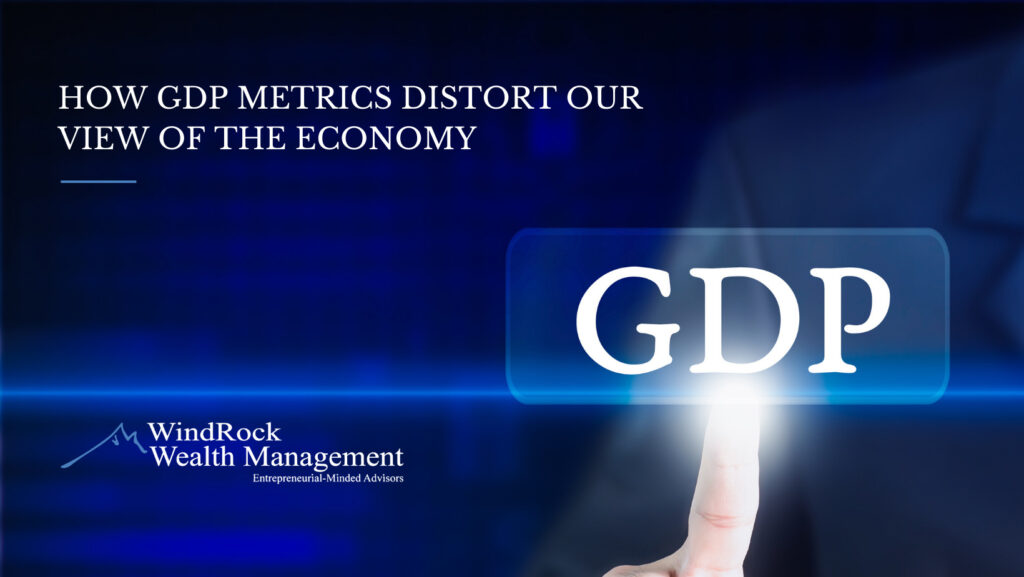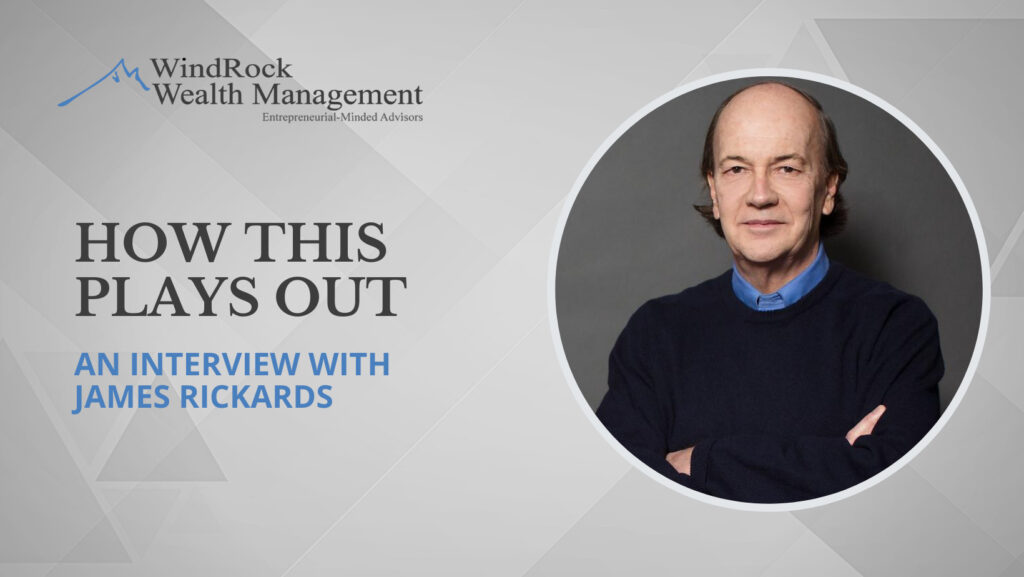What if This Time is Different?

What if This Time is Different?What if, before the world ever heard of coronavirus, every valuation multiple suggested the U.S. stock market was one of the most expensive in history? What if these valuations assumed – and required – continued economic growth, robust increases in company earnings, and sustained and substantial stock buybacks? What if […]
How GDP Metrics Distort Our View of the Economy

05/15/2015 Christopher P. Casey GDP purports to measure economic activity while largely divorcing itself from the quality, profitability, depth, breadth, improvement, advancement, and rationalization of goods and services provided. For example, even if a ship — built at great expense — cruised without passengers, fished without success, or ferried without cargo; it nevertheless contributed to […]
How This Plays Out: An Interview With James Rickards

The pandemic and corresponding draconian containment efforts have created an economic and financial situation unseen since the Great Depression. Everyone wants to know whether the economy will rebound quickly or if we will experience a prolonged recession. How does this play out? Noted financial expert James Rickards foresaw such economic calamity last year when he wrote […]

